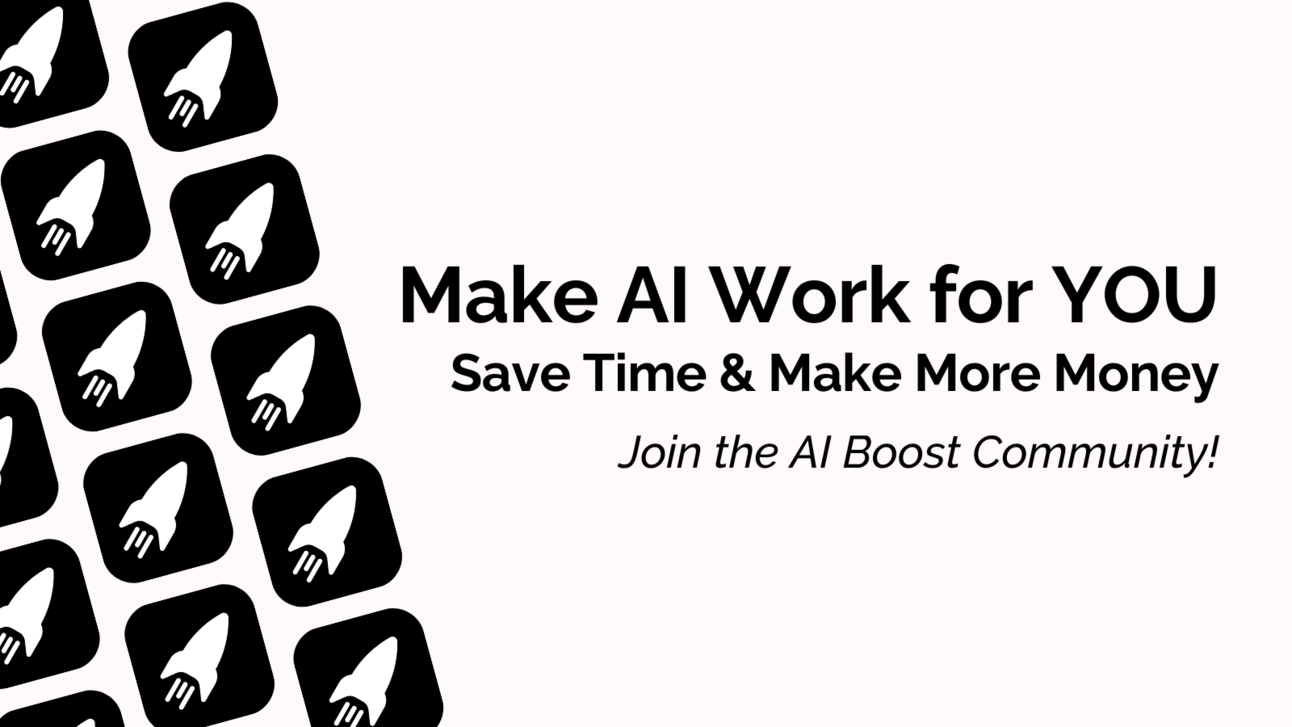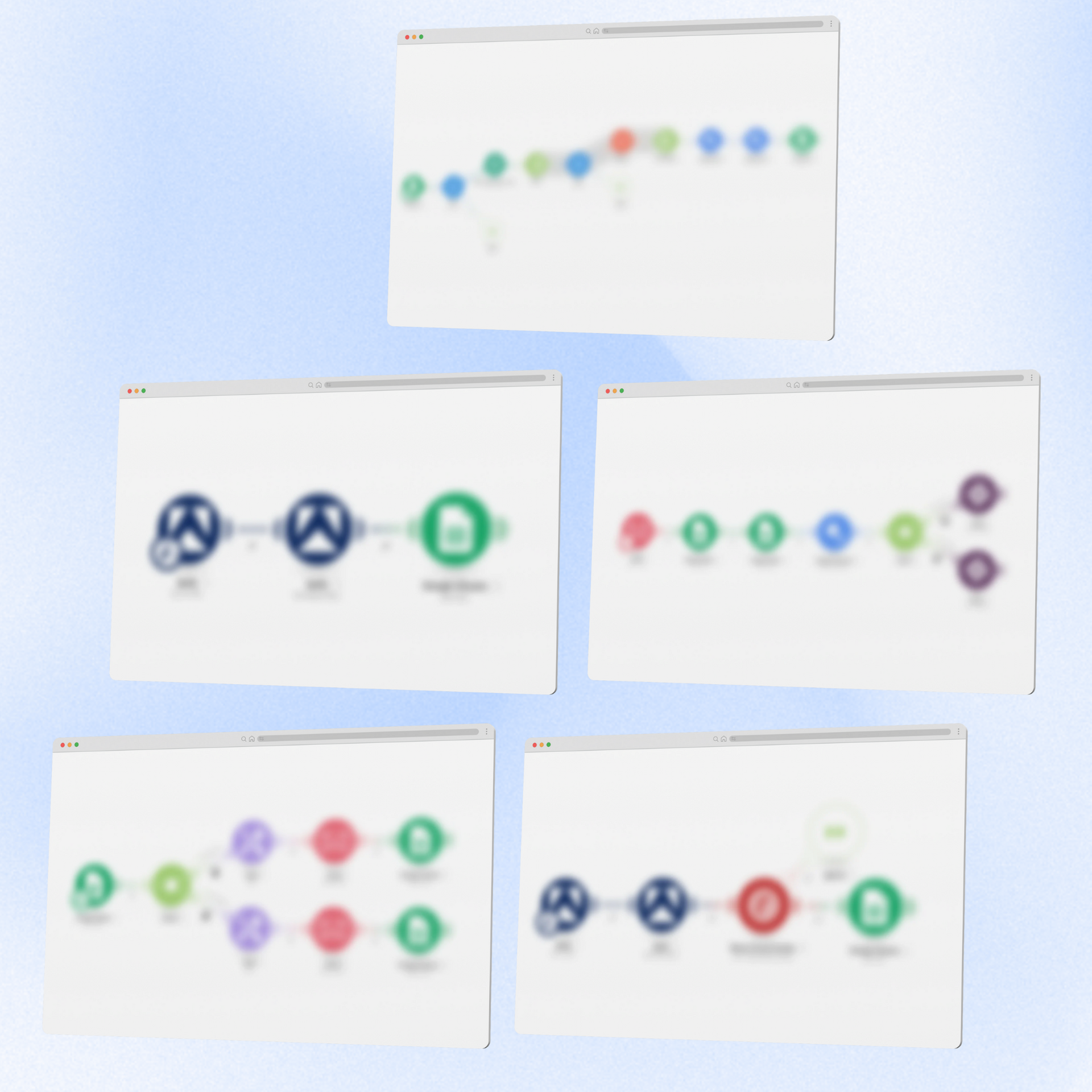Automate Prospecting Local Businesses With Our AI BDR
Struggling to identify local prospects? Our AI BDR Ava taps into a database of 200M+ local Google businesses and does fully autonomous outreach—so you can focus on closing deals, not chasing leads.
Ava operates within the Artisan platform, which consolidates every tool you need for outbound:
300M+ High-Quality B2B Prospects
Automated Lead Enrichment With 10+ Data Sources Included
Full Email Deliverability Management
Personalization Waterfall using LinkedIn, Twitter, Web Scraping & More
Good morning! Today is April 8, 2025. We’ve got a packed issue with some big headlines: Google is making waves by paying AI researchers not to work, Krea Raises $83M, and Meta’s new Llama 4 model is being benchmarked for… gaming? Let’s dive in.

1. Krea Raises $83M to Become the Photoshop of the AI Era
Krea, a fast-growing GenAI startup for visual creators, just raised $83 million to simplify the chaotic world of AI image tools. Its all-in-one platform lets designers generate and edit visuals using the best AI models—without needing to become prompt engineers. Backed by Bain Capital Ventures and Andreessen Horowitz, Krea is already used by creatives at LEGO, Pixar, and Perplexity AI. Its founders, who dropped out of Cornell (and ditched royal scholarships!) to build the tool, believe AI shouldn’t replace creativity—it should supercharge it.

2. IBM Unveils z17 Mainframe to Supercharge AI at Enterprise Scale
IBM just launched the z17, a powerful new mainframe built from the ground up for the AI era. Equipped with Telum II processors and support for 250+ AI use cases—including generative AI and AI agents—the z17 can handle a staggering 450 billion inference operations daily. It’s 50% faster and far more energy-efficient than its predecessor, and it’s already catching the attention of Fortune 500 giants (who still rely heavily on mainframes). Designed with future AI models in mind, IBM’s z17 isn’t just keeping up with the AI boom—it’s anticipating what’s next.
Read more...

3. Meta Caught Gaming AI Benchmarks with Llama 4
Meta claimed its new Llama 4 model “Maverick” could outperform GPT-4o and Gemini 2.0—but it turns out the version submitted to benchmark site LMArena wasn’t the one released to the public. Researchers discovered Meta used an “experimental chat version” optimized to win votes in head-to-head tests, giving it an unfair edge. While not technically against the rules, the move sparked backlash and forced LMArena to update its policies. The AI community is now questioning the reliability of benchmarks and Meta’s rush to claim AI dominance—especially after multiple delays and a surprise weekend launch.

4. Google’s AI Staff Are Getting Paid to Sit Out—So They Don’t Join Rivals
In the fierce battle for AI talent, Google’s DeepMind is taking an unusual approach: paying some UK-based employees to do nothing for up to a year—just to keep them from joining competitors like OpenAI or Microsoft. Business Insider reports that these “aggressive” noncompete agreements are leaving some researchers frustrated and sidelined from the fast-moving AI race. While the U.S. banned most noncompetes, the rules don’t apply to DeepMind’s London HQ. One Microsoft AI exec says he’s been flooded with messages from DeepMind staff desperate to escape the freeze.

5. China’s DeepRoute.ai Partners with Qualcomm to Power Smarter, Cheaper Self-Driving Tech
DeepRoute.ai, a Chinese autonomous driving startup, is teaming up with Qualcomm to build affordable advanced driver assistance systems (ADAS) using Qualcomm’s Snapdragon chips. The new solutions will support key features like city autopilot, highway navigation, and automated parking—using both lidar and vision-only setups. It’s a major move aimed at making self-driving tech more accessible and scalable in the race toward smarter vehicles.

6. Google’s AI Search Is Crushing Indie Websites — And It Might Backfire
As Google pushes AI-generated search answers, independent websites are seeing their traffic vanish. A new Bloomberg report reveals that many publishers are being sidelined by Google's algorithm changes, threatening their survival and the quality of web content overall. While Google denies direct blame, site owners warn that AI answers are often inaccurate and undermine the symbiotic relationship where creators make helpful content and Google delivers the audience. Some fear this shift could hurt not just websites, but Google’s own search quality in the long run.

Want to Work Smarter with AI?
Learn proven AI strategies to automate work, boost productivity, and grow your income.
Join AI Boost Community and start leveraging AI like a pro.
How would you rate today's newsletter?
Stay tuned for more updates, and have a fantastic day!
Best,
Zephyr






